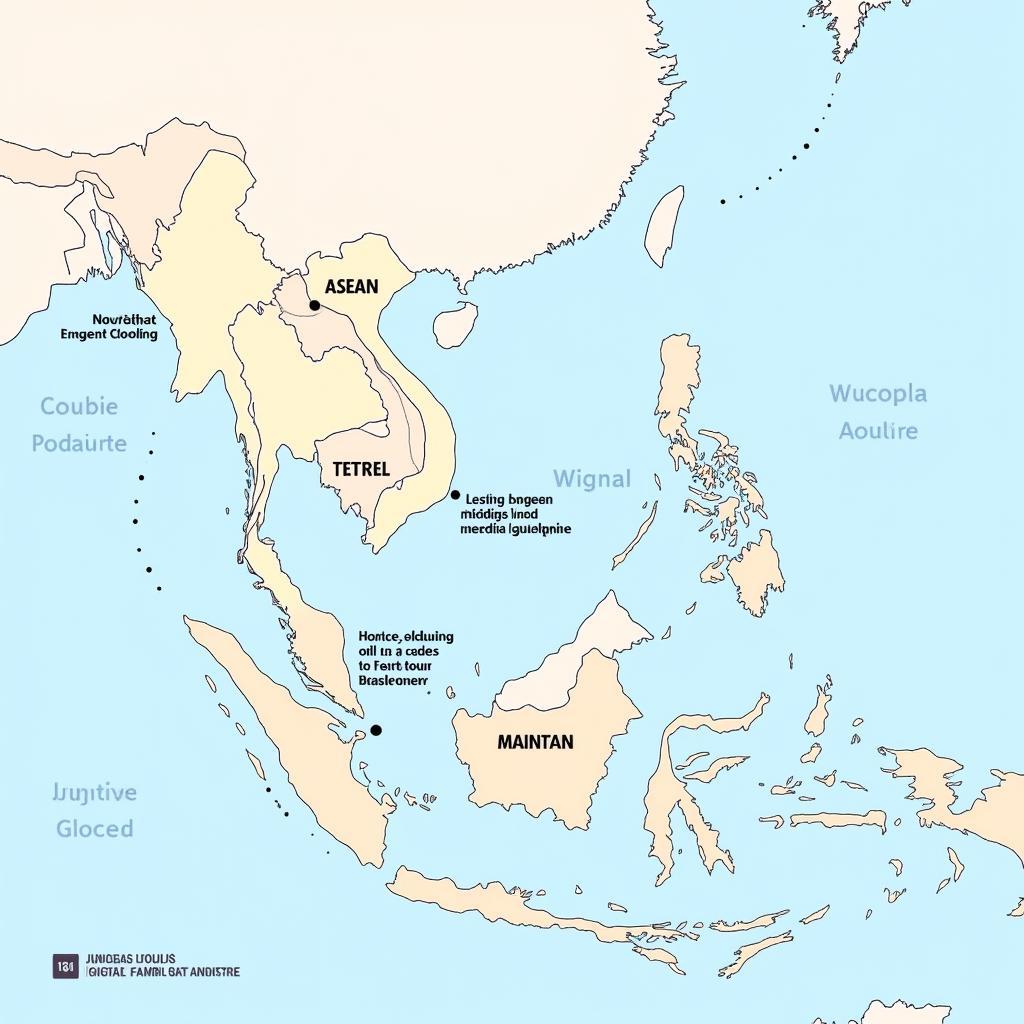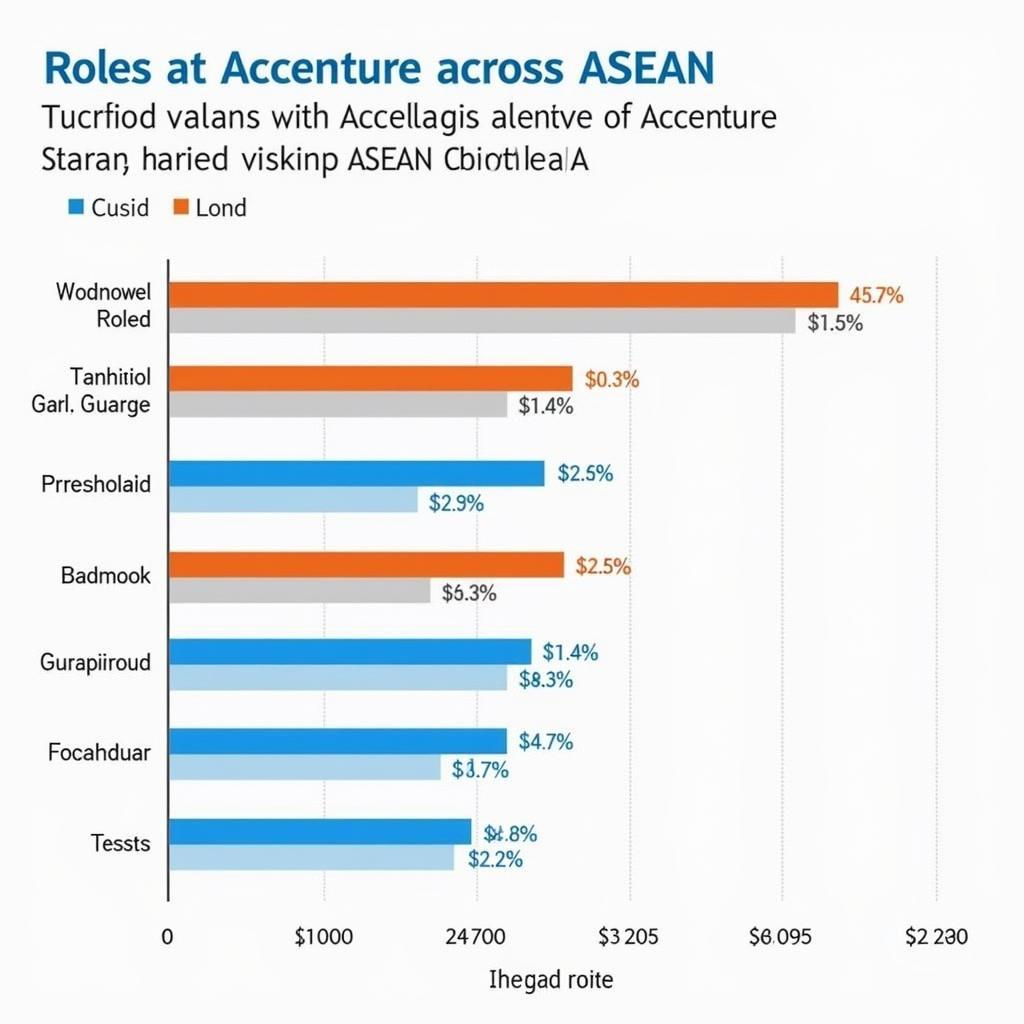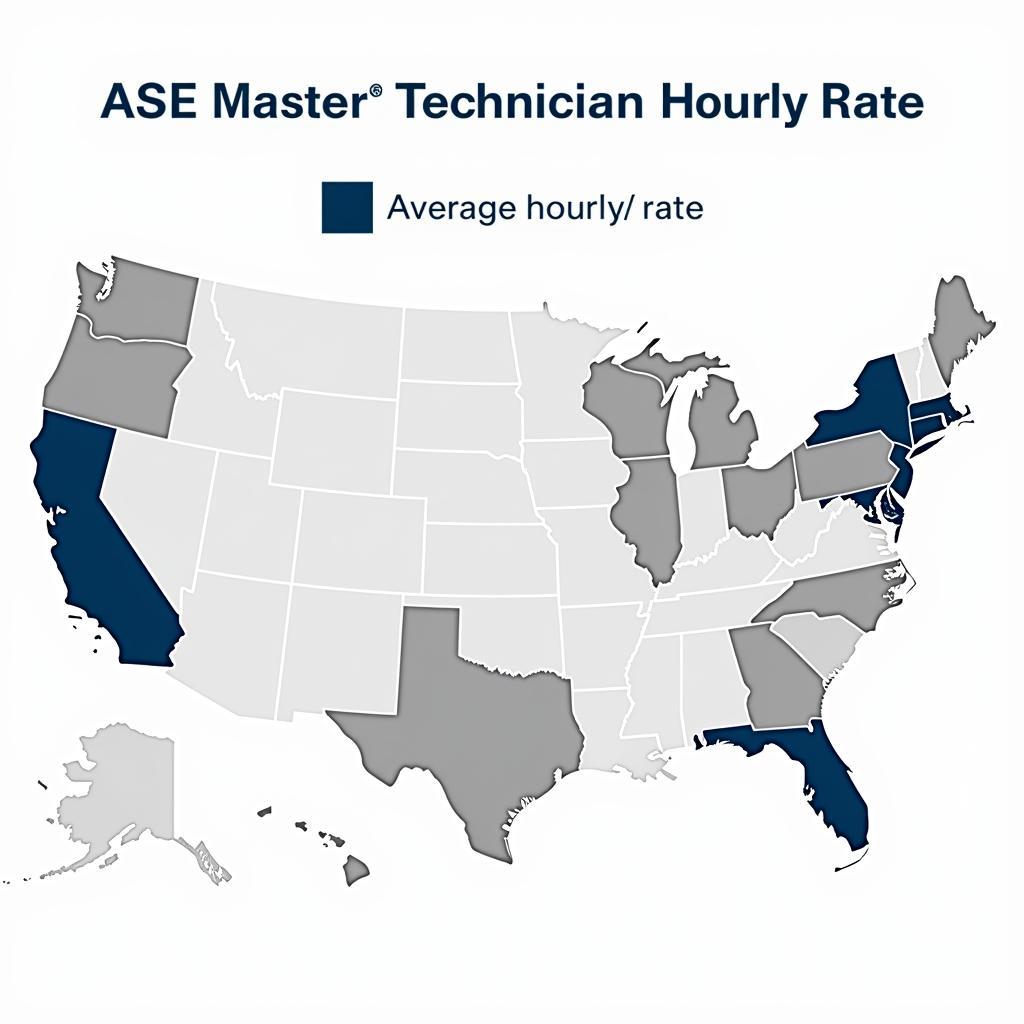The 2019 ASEAN refrigerant recovery and recycling training booklet serves as a crucial resource for technicians across Southeast Asia, promoting best practices in handling refrigerants. This comprehensive guide addresses the increasing need for proper refrigerant management to mitigate environmental impact and improve the efficiency of cooling systems.
Understanding the Importance of the 2019 ASEAN Refrigerant Recovery and Recycling Training Booklet
The booklet focuses on equipping technicians with the knowledge and skills to safely recover, recycle, and reclaim refrigerants, contributing to a more sustainable cooling sector within the ASEAN region. It highlights the significance of transitioning away from ozone-depleting substances (ODS) and reducing greenhouse gas emissions. This shift is crucial for protecting the environment and promoting the responsible use of refrigerants in various applications like air conditioning and refrigeration. The booklet further emphasizes the economic benefits of efficient refrigerant management, reducing operational costs and minimizing refrigerant loss.
Key Features of the 2019 Training Booklet
The 2019 ASEAN refrigerant recovery and recycling training booklet offers practical guidance, covering topics such as:
- Identifying different types of refrigerants
- Understanding refrigerant properties and their environmental impact
- Safe handling and storage procedures
- Operating refrigerant recovery and recycling equipment
- Troubleshooting common issues
- Implementing best practices for minimizing refrigerant leaks
The booklet also includes practical exercises and case studies to reinforce learning and promote real-world application. This hands-on approach allows technicians to develop the necessary skills and confidence to handle refrigerants responsibly.
Benefits of Implementing the Booklet’s Guidelines
Adopting the practices detailed in the booklet offers numerous advantages:
-
Environmental Protection: Proper refrigerant management minimizes the release of harmful substances into the atmosphere, protecting the ozone layer and reducing the contribution to climate change.
-
Improved Efficiency: Efficient recovery and recycling processes lead to reduced refrigerant consumption, lowering operational costs for businesses and individuals.
-
Enhanced Safety: The booklet’s guidelines emphasize safety protocols, minimizing the risk of accidents and ensuring the well-being of technicians and the surrounding environment.
-
Economic Growth: By promoting sustainable practices, the booklet contributes to the growth of a green economy in the ASEAN region, fostering innovation and creating new job opportunities.
How the Booklet Supports ASEAN’s Sustainability Goals
The 2019 ASEAN refrigerant recovery and recycling training booklet directly aligns with the region’s commitment to sustainable development. It supports the implementation of the Montreal Protocol and the Kigali Amendment, international agreements aimed at phasing out ODS and reducing hydrofluorocarbons (HFCs).
“The 2019 booklet serves as a vital tool for advancing sustainable cooling practices in ASEAN,” says Dr. Anya Sharma, a leading expert in refrigeration technology. “By equipping technicians with the necessary skills, we can significantly reduce the environmental footprint of the cooling sector.”
Accessing the 2019 ASEAN Refrigerant Recovery and Recycling Training Booklet
The training booklet is typically available through various ASEAN member state environmental agencies and industry associations. It can also be found online through relevant platforms dedicated to promoting sustainable cooling practices.
 ASEAN's Sustainable Cooling Initiatives
ASEAN's Sustainable Cooling Initiatives
“Investing in training and education is essential for achieving our sustainability targets,” adds Mr. Ben Lee, a senior consultant in environmental management. “The 2019 ASEAN booklet provides a clear roadmap for the future of refrigerant management in the region.”
In conclusion, the 2019 ASEAN refrigerant recovery and recycling training booklet offers invaluable guidance for technicians, promoting best practices and contributing to a more sustainable future. Its comprehensive approach ensures the responsible use of refrigerants, protecting the environment and driving economic growth within the ASEAN community.
FAQ
- Where can I find the 2019 ASEAN refrigerant recovery and recycling training booklet?
- What types of refrigerants are covered in the booklet?
- How does the booklet address safety concerns related to refrigerant handling?
- What are the key benefits of implementing the booklet’s guidelines?
- How does the training contribute to ASEAN’s sustainability goals?
- Is the booklet available in different languages?
- How often is the booklet updated?
For further assistance, please contact us at Phone Number: 0369020373, Email: [email protected] or visit our office at Thôn Ngọc Liễn, Hiệp Hòa, Bắc Giang, Việt Nam. We have a 24/7 customer service team ready to assist you.

